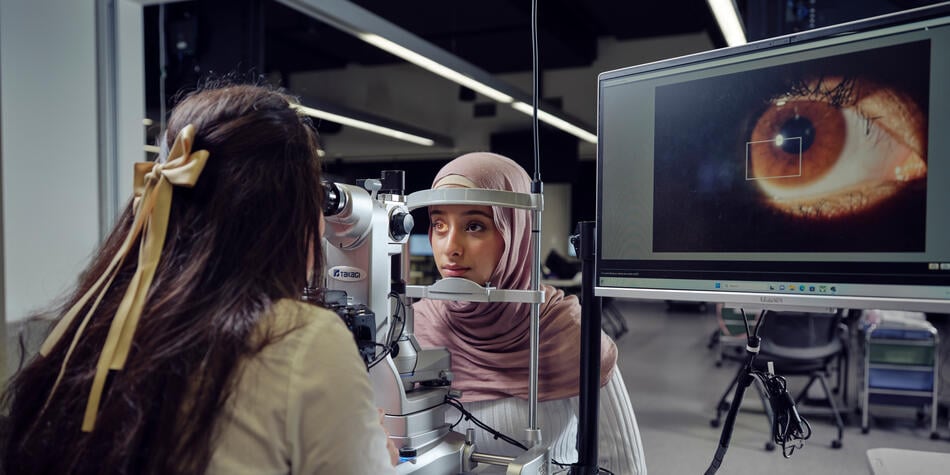Interested in studying health but don’t know where to start? There are many options to consider when it comes to choosing which health degree is right for you.
As Deakin’s Associate Dean Teaching and Learning from the Faculty of Health, Professor Lynn Riddell, suggests, taking your interests and values into consideration is the first step to setting yourself up for success.
‘When thinking about careers in health or the types of degrees you’d like to study, it’s important to focus in on what motivates you, what your values are, and what you’d like to spend time doing. The more you’re studying in an area of interest to you, the more likely you are to succeed.’
In Australia, the healthcare and social assistance sector is projected to make the largest contribution to employment growth, increasing by 249,500 jobs over the next five years*. With a huge range of health jobs available across clinical, community and research spaces, you can choose a degree based on the type of work you’d like to do once you begin your career.
You may even find yourself exploring areas of health you aren’t already familiar with. By studying at Deakin, you’ll discover the many exciting and empowering career paths available in the health industry, beyond the most well-known options such as nursing or medicine.


